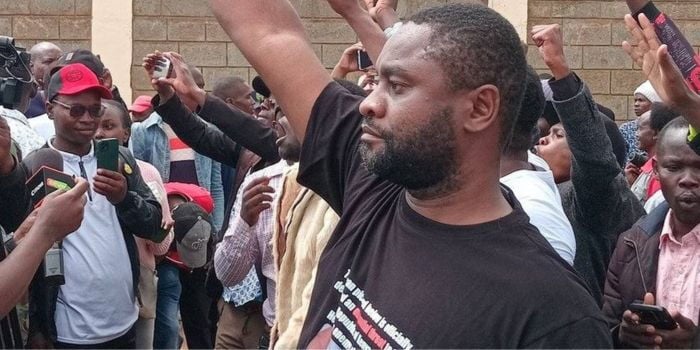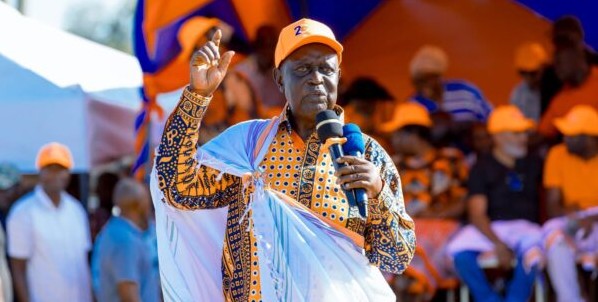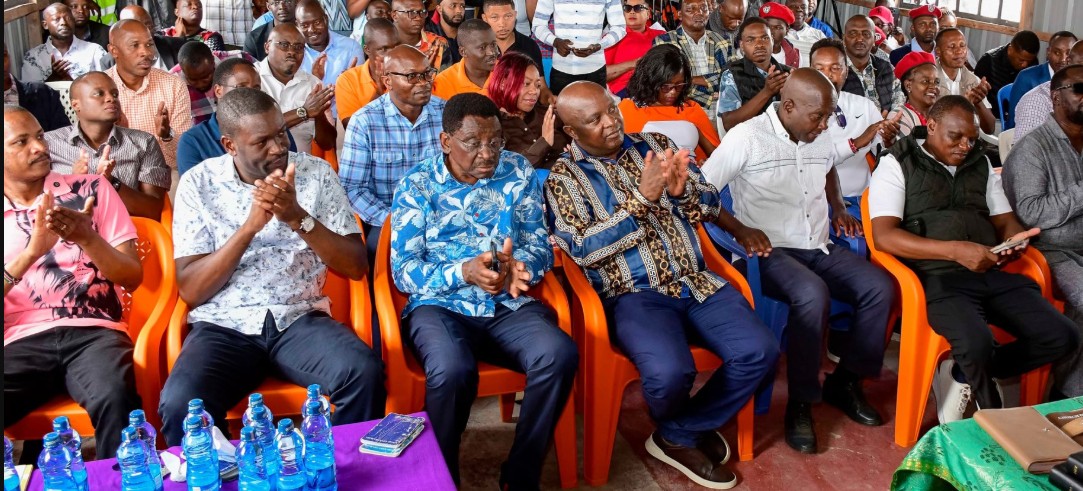Raila Odinga’s prospects at the African Union Commission were ultimately determined a week prior to the election due to the financial power and influence of French and Arab nations.
Countries such as Egypt, Qatar, the United Arab Emirates, and Saudi Arabia led the charge in mobilizing support.
These nations allegedly collaborated to hinder the Kenyan politician’s chances for the esteemed position, resulting in the election of Djibouti’s Ali Mohammed Youssouf, who won decisively against Raila.
Reports suggest that Raila’s chances diminished significantly when the Assembly of Islamic Nations encouraged its members to support Youssouf.
This strategic backing aligned with France’s attempts to rally Francophone nations around the Djibouti candidate, further strengthening Youssouf’s position.
A diplomatic source familiar with the negotiations stated, “Youssouf spent considerable time with the Francophone secretariat, unlike Raila, who had to traverse the continent. ”
On election day, Youssouf obtained 33 votes, defeating Raila, who aimed to replace Chad’s Moussa Faki Mahamat for a four-year term.
Youssouf, who has served as Djibouti’s foreign minister since 2005, leveraged his country’s strategic importance to Western powers in the Horn of Africa to enhance his candidacy.
The political landscape shifted as President William Ruto and Raila sought Egyptian President Abdel Fattah el-Sisi’s support.
In a surprising twist, Egypt voted for Djibouti, indicating the evolving loyalties in the region.
“Egypt also proposed financing projects for several South African countries in exchange for their support,” stated another diplomat, reflecting the intricate dynamics of diplomacy and financial incentives.
Despite Djibouti’s limited diplomatic presence, with only eight missions across Africa compared to Kenya’s 20, the country made up for it with relentless lobbying efforts.
These behind-the-scenes strategies proved effective, enabling Youssouf to gain crucial support from several nations.
While Kenya ultimately succeeded in securing the United Nations General Assembly seat, Djibouti’s role in the AUC election highlighted the complexities of regional politics.
In this race, Kenya triumphed with 129 votes to Djibouti’s 62 in a second round after the initial attempt failed to secure a two-thirds majority.
The result of the AUC election significantly impacts Kenya’s reputation within the African Union and its broader diplomatic goals.
Raila’s loss emphasizes not only the challenges Kenyan politicians face on the continental stage but also the increasing leverage of Arab nations in regional affairs.












Leave a Reply